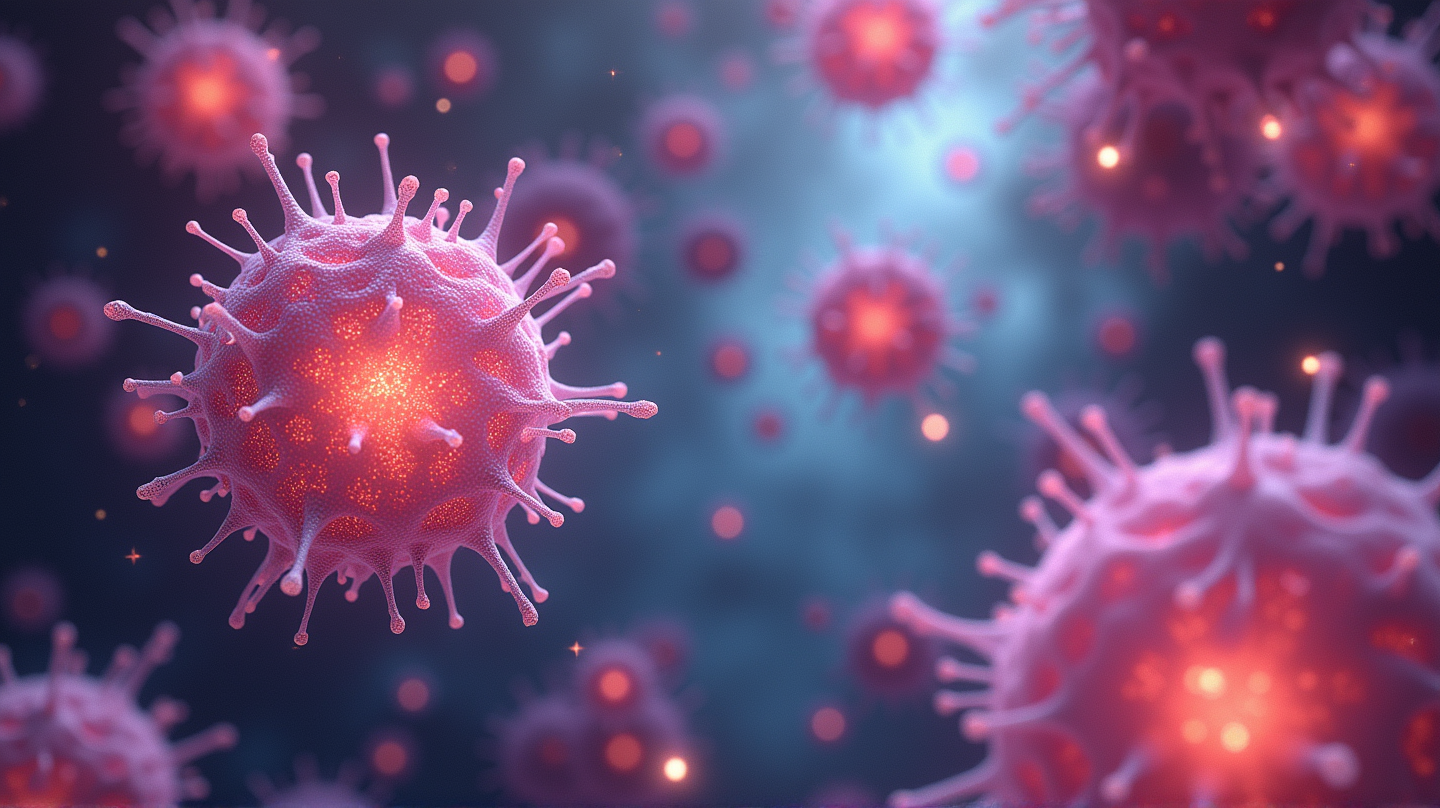Probiotics Revolutionize Treatment for Premature Menopause in Mice
Study reveals probiotics' potential in counteracting ovarian decline and enhancing microbiota health, offering hope for women's health innovations.

The Hidden Potential of Probiotics
In a groundbreaking study, scientists have discovered that probiotics, often heralded for their gut health benefits, might hold the key to mitigating ovarian damage associated with premature menopause. This exciting development paves the way for innovative treatments in women’s health, particularly for those grappling with premature ovarian insufficiency (POI).
A New Horizon for POI Treatment
Premature ovarian insufficiency is a complex condition leading to menopause before the age of 40. Current treatments offer limited success, but the promising findings from this recent study suggest that probiotics could be a game-changer. By supplementing POI mice with probiotics, researchers observed not only a reduction in ovarian tissue damage but also an improvement in the overall microbiota balance.
The Science Behind the Discovery
The implications of these findings are profound. Probiotics appear to function through enhancing the gut microbiota, which in turn may exert beneficial effects on the reproductive system. While further research is needed to fully understand the mechanisms, this marks an incredible step forward in understanding the gut-reproductive system connection.
Looking Forward to Human Applications
While this research is currently limited to animal models, the potential human applications are both exciting and vast. If similar results can be replicated in human trials, probiotics could offer a natural and accessible treatment modality for women suffering from early-onset menopause.
A Multidisciplinary Approach
The study underscores the importance of a multidisciplinary approach in medical research. By bridging the gap between gastroenterology and women’s reproductive health, innovative solutions like those seen with probiotics can emerge, offering hope to countless individuals.
According to News-Medical, these findings could mark the dawn of a new era in women’s health, signifying not just an enhancement in quality of life, but a step towards personalized and holistic healthcare solutions.





